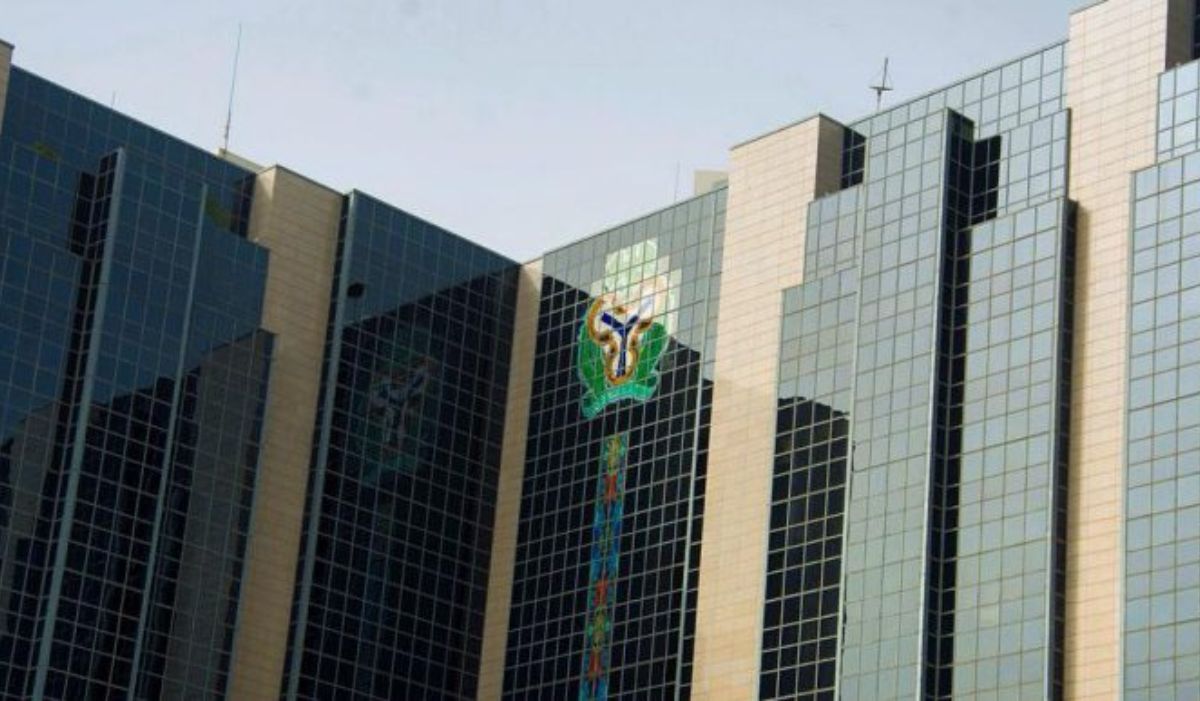Nigeria’s Debt Woes Deepen as External Payments Soar 50% in 2025

Nigeria’s financial situation has grown increasingly precarious as external debt servicing payments have surged to unprecedented levels.
Recent data reveals that the West African nation expended over $2.01 billion on external debt servicing from January through April 2025, representing a substantial 50% increase compared to the corresponding period in 2024, according to Nairametrics.
An analysis of the Central Bank of Nigeria’s (CBN) international payments records indicates that debt servicing obligations now consume more than three-quarters of the country’s total foreign exchange outflows. This concerning development underscores the escalating challenges Nigeria faces in managing its external financial commitments while grappling with persistent foreign exchange constraints and revenue limitations.
The CBN’s data shows that Nigeria’s total international payments—including debt servicing, remittances, and letters of credit—reached $2.60 billion during the first four months of 2025. Of this sum, debt service payments alone accounted for $2.01 billion, representing 77.1% of total outflows. This marks a significant increase from the same period in 2024, when debt service costs totalled $1.33 billion, constituting 64.5% of the $2.07 billion in foreign exchange outflows.
A month-by-month examination of the data reveals a troubling trajectory:
- January 2025: Debt servicing reached $540.67 million, slightly below the $560.52 million recorded in January 2024.
- February 2025: Payments totalled $276.73 million, marginally lower than the previous year’s $283.22 million.
- March 2025: A sharp increase to $632.36 million, more than doubling the $276.17 million from March 2024.
- April 2025: Continued growth to $557.79 million, representing a dramatic 159% increase from April 2024’s $215.20 million.
The substantial payments in March and April 2025—totalling approximately $1.2 billion—suggest significant loan repayment obligations came due during this period, placing additional strain on Nigeria’s foreign reserves, which reportedly declined by about $3 billion within the four-month timeframe.
A contributing factor to the increased debt service burden was Nigeria’s repayment of financial assistance received during the COVID-19 pandemic. The International Monetary Fund (IMF) recently confirmed that Nigeria has fully repaid the $3.4 billion in emergency support provided under the Rapid Financing Instrument (RFI) in April 2020.
While the principal amount has been settled, Nigeria will continue to make annual payments of approximately $30 million in Special Drawing Rights (SDR) charges over the coming years. These ongoing obligations stem from the difference between Nigeria’s SDR holdings and its cumulative SDR allocation.
This recent surge follows a pattern of increasing external debt servicing costs. In 2024, Nigeria’s payments to the IMF alone reached $1.63 billion, consisting entirely of principal repayments. Overall external debt servicing for 2024 totalled $4.66 billion, up from $3.5 billion in 2023.
Multilateral creditors received the majority of Nigeria’s external debt servicing payments in 2024, accounting for $2.62 billion, or 56% of the total. The IMF specifically received about 35% of Nigeria’s external debt payments that year.
The growing proportion of foreign exchange devoted to debt servicing is significantly constraining Nigeria’s fiscal flexibility. With over 77% of every dollar spent abroad now allocated to debt service, limited resources remain available for essential imports, productive investments, or other critical economic activities.
This situation raises important questions about the sustainability of Nigeria’s external debt structure, with particular concerns regarding back-loaded repayment terms and an increasing reliance on foreign borrowing that may be intensifying near-term financial pressures.
As debt servicing continues to consume a larger share of Nigeria’s international payments, policymakers face mounting challenges in balancing external obligations with domestic economic priorities amid ongoing foreign exchange limitations.




